A person’s internal sense of belonging to a particular gender is defined as gender identity. If a person does not identify with the gender that was assigned to them at birth, they have the choice to identify with a different gender. The trans community has suffered as a result of society’s dichotomous attitude toward them in terms of their access to social equality, social rights, education, jobs, and other opportunities.
Zoya was born and brought up in Mumbai. She comes from a poor family and has lived much of her life in relative anonymity. She left a convent school in Class Five and was raised in a Christian neighbourhood, where she learned English. At eleven, she came out as gay after realising she was different from the other males. Her father was a watchman in Mahime Bhatiya, a Brother’s Cooperative Housing Society, where she spent her early years. Due to persistent disagreements regarding the apartment they had rented, the family was forced to quit society when her father passed away.

With her lone mother and a sister, she grew up in Mahim’s Kapad Bazar, not too far from the railroad tracks. It was challenging for the woman to raise two children without any outside assistance. She consequently acquired a habit of drinking alcohol and experienced despair. Lobo got admission to the Don Bosco School. To support the family, she took a part-time job at a nearby bakery.
She also had several friends with whom she felt at ease being herself around. At the age of seventeen, Zoya met her Guru, who welcomed her into the group identified her as transgender and named her Seema later she changed it into Zoya. Her mother found it difficult to accept the identity of her child. She received assurances from Lobo that she would not be drawn into any unpleasant work and would only beg for alms in trains.
In the midst, she endured a lot of suffering like lack of a permanent job, shelter, torture and harassment from the police and so on. Her mother’s alcoholic nature, depression and death made her life miserable.

When Zoya saw the short film “Hijda Shap Ki Vardan” on YouTube, she noted that the transgender characters were portrayed by men. She then contacted the filmmaker to ask why he did not select a transgender person for the role. As she says.“The filmmaker replied that he ran acting classes and wanted his students to be versatile actors but also promised to offer me a role in the second part of the same documentary, which he later did,”. Millions of people watched the movie, and Lobo was recognised with an award. During the award function of the documentary, Zoya met the editor of the College Times Magazine, who realised her potential and offered her a job as a journalist.
“It was thrilling to wear my first Press ID card and work as a journalist. When I saw the camera in the magazine’s office, I asked the editor if I could use it and he obliged, since then my affinity towards photography started,” Zoya explains. Zoya was never supposed to be a beggar among the Mumbai residents; she constantly desired more and better accomplishments. She learned that she was interested in photography while doing her reporting. She set aside any money she received as alms and purchased a professional camera for herself.
She was given the duty of covering the transgender community’s Pink Rally. She was filming the event and taking pictures in addition to reporting on it. Thus she was introduced to the famous photojournalist Divyakant Solanki, with whom she had taught the first lessons of her profession. She got the information about the migrant workers’ gathering in front of Bandra station. She captured some unique images. She gained attention and a solid reputation for covering the pictures of the peasants and the reflections of COVID in society. Thus she was recognised as the “transgender photojournalist.”

For the time being, Zoya is a freelancer for the website “Fight Against Crime’” which tracks incidents in and around Mumbai. She comments, “I wish to join a media firm as a full-time photojournalist so that I don’t need to beg again. I want to refine my skills and teach them to other people from the community so that they can live a life of dignity as well,” Her ultimate goal is to reveal the truth as a true journalist would, like a mirror reflecting society. She awaits more opportunities, expects to gain direct experience, and utilizes photography to tell the stories of real people.
credits and reference:
https://memumbai.com/indias-first-transgender-photo-journalist-zoya-thomas-lobo/



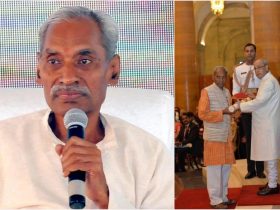

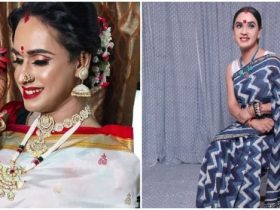
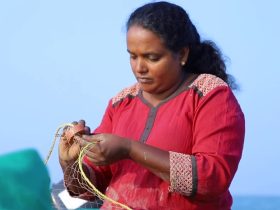
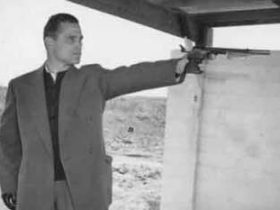



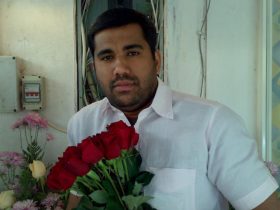
Leave a Reply